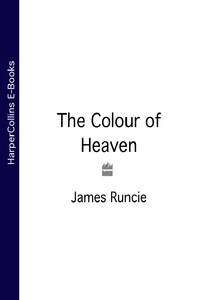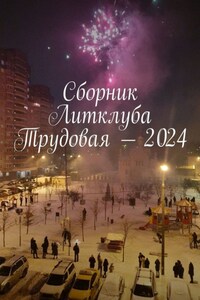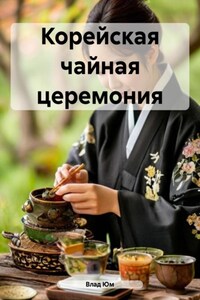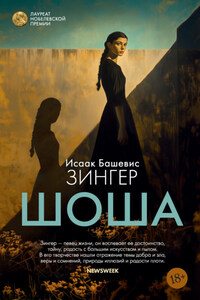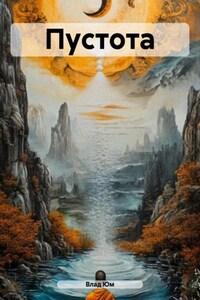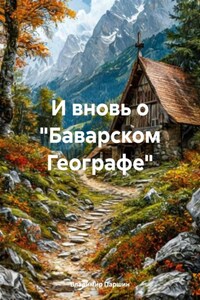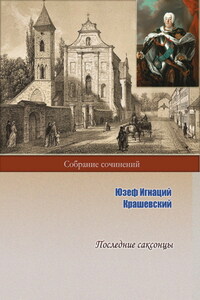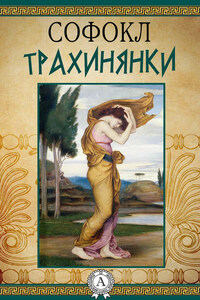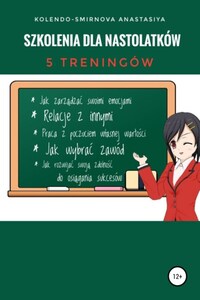This novel is entirely a work of fiction. The names, characters and incidents portrayed in it are the work of the author’s imagination. Any resemblance to actual persons, living or dead, events or localities is entirely coincidental.
HARPER
A division of HarperCollinsPublishers Ltd. 1 London Bridge Street London SE1 9GF
www.harpercollins.co.uk
First published in Great Britain by HarperCollinsPublishers 2003
James Runcie asserts the moral right to be identified as the author of this work
A catalogue record for this book is available from the British Library
All rights reserved under International and Pan-American Copyright Conventions. By payment of the required fees, you have been granted the nonexclusive, nontransferable right to access and read the text of this ebook on-screen. No part of this text may be reproduced, transmitted, downloaded, decompiled, reverse engineered, or stored in or introduced into any information storage and retrieval system, in any form or by any means, whether electronic or mechanical, now known or hereinafter invented, without the express written permission of HarperCollins ebooks
HarperCollinsPublishers has made every reasonable effort to ensure that any picture content and written content in this ebook has been included or removed in accordance with the contractual and technological constraints in operation at the time of publication
Source ISBN: 9780007235278
Ebook Edition © NOVEMBER 2012 ISBN 9780007494996 Version: 2016-10-25
Sapphire, nor diamond, nor emerald,
Nor other precious stones past reckoning, Topaz, nor pearl, nor ruby like a king, Nor that most virtuous jewel, jasper call’d, Nor amethyst, nor onyx, nor basalt, Each counted for a very marvellous thing, Is half so excellently gladdening As is my lady’s head uncoronall’d. All beauty by her beauty is made dim; Like to the stars she is for loftiness; And with her voice she taketh away grief. She is fairer than a bud, or than a leaf. Christ have her well in keeping, of His grace, And make her holy and beloved, like Him!
Jacopo da Lentino, 1250
Translated by Dante Gabriel Rossetti
No one noticed the child.
He had been left in a small boat which now sailed out towards the lagoon, following nothing but the slap and tide of each narrow canal.
It was Ascension Day in the year twelve hundred and ninety-five, and the people of Venice were parading through the streets, hoisting crimson pennants and bright-yellow banners in celebration. Tailors dressed in white tunics with crimson stars, weavers in silver cloth tippets, and cotton spinners in cloaks of fustian mingled with blacksmiths, carpenters, butchers, and bakers, singing and shouting their way towards the Piazza San Marco.
The square was filled with showmen, swindlers, soothsayers, and charlatans; jesters, jugglers, prophets, and priests. Alchemists cried out that scrapings of amber gave protection from the plague, and that an emerald pressed against naked flesh could preserve a woman from apoplexy. A dentist with silver teeth sold a special compound which he vowed would improve the value of all metal; a barber displayed a gum to make bald men hirsute; and a naked Englishman sold pine seeds which were said to guarantee invisibility as surely as the talisman of Gyges.
But no one had noticed the baby.
Teresa could have ignored him, another abandoned child due for an early death at the Foundlings’ Hospital; but once she had seen him the shock of love took hold.
She watched the boat spin gently against the side of a little rio, caught in a momentary eddy, as if waiting only for her arrival. Perhaps this was a gift from God at last, alleviation for all that she had suffered.
She looked around, for mother or father, doctor or stranger, but amidst the movement of the crowd they were the only people to be still, the abandoned baby and the woman who could never have children: Teresa, wife of Marco the glass-maker, barren. No other adjective was necessary. Her pale-blue eyes, thin frame, and slender beauty meant nothing. When people wanted to describe her, they spoke but the one word: barren.
She knelt down beside the waters and gathered in the child.
‘Calme, calme, mio bambino.’
The baby’s mouth began to pucker, longing for milk.
Teresa knew that she should go into the church and ask the priest what to do but at that moment the doors swung open and a vast procession emerged, singing Psalms and praising God. She let the pageant go by, watching a group of children carrying silver bowls filled with rose petals, whispering and squabbling as they passed.
Teresa tried to convince herself that she did not need the child. She should leave him, as his mother had left him, and as hundreds of other mothers would do on this very day throughout the city. Children were a drain, and a curse, the punishment for sexual excess. They cried. They were always hungry. They grew up to take your money and denounce you. That was what Marco had always told her: her husband, who could, in fact, be as barren as she. They had never known.
